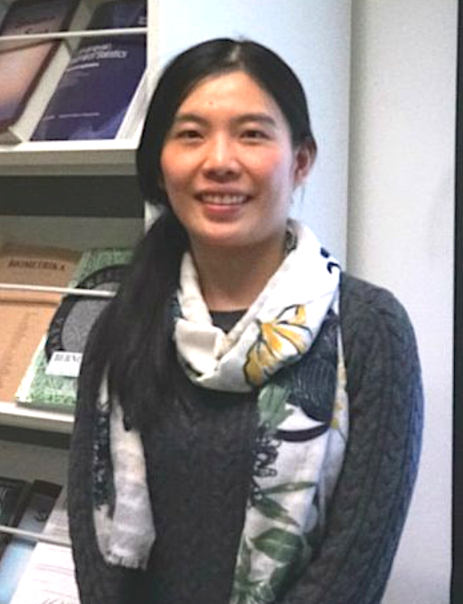报告人: Anqi Zhao(National University of Singapore)
时间:2021-12-29 10:00-12:00
地点:Tencent Meeting(979 3153 9451)
Abstract:
The split-plot design arose from agricultural science with experimental units, also known as the sub-plots, nested within groups known as the whole-plots. It assigns different interventions at the whole-plot and sub-plot levels, respectively, providing a convenient way to accommodate hard-to-change factors. By design, sub-plots within the same whole-plot receive the same level of the whole-plot intervention, and thereby induce a group structure on the final treatment assignments. A common strategy is to run an ordinary-least-squares (OLS) regression of the outcome on the treatment indicators coupled with the robust standard errors clustered at the whole-plot level. It does not give consistent estimators for the treatment effects of interest when the whole-plot sizes vary. Another common strategy is to fit a linear mixed-effects model of the outcome with Normal random effects and errors. It is a purely model-based approach and can be sensitive to violations of the parametric assumptions. In contrast, the design-based inference assumes no outcome models and relies solely on the controllable randomization mechanism determined by the physical experiment. We first extend the existing design-based inference based on the Horvitz–Thompson estimator to the Hajek estimator, and establish the finite-population central limit theorem for both under split-plot randomization. We then reconcile the results with those under the model-based approach, and propose two regression strategies, namely (i) the weighted-least-squares (WLS) fit of the unit-level data based on the inverse probability weighting and (ii) the OLS fit of the aggregate data based on whole-plot total outcomes, to reproduce the Hajek and Horvitz–Thompson estimators, respectively.
About the Speaker:
Anqi Zhao is an assistant professor at National University of Singapore. Her research interest is in causal inference and design of experiment. She got her Phd from Harvard Statistics Department in 2016.

Tencent Meeting ID:979 3153 9451
此讲座为北京大学公共卫生学院生物统计系、北京国际数学研究中心、北京大学统计科学中心联合学术讲座。
Your participation is warmly welcomed!


